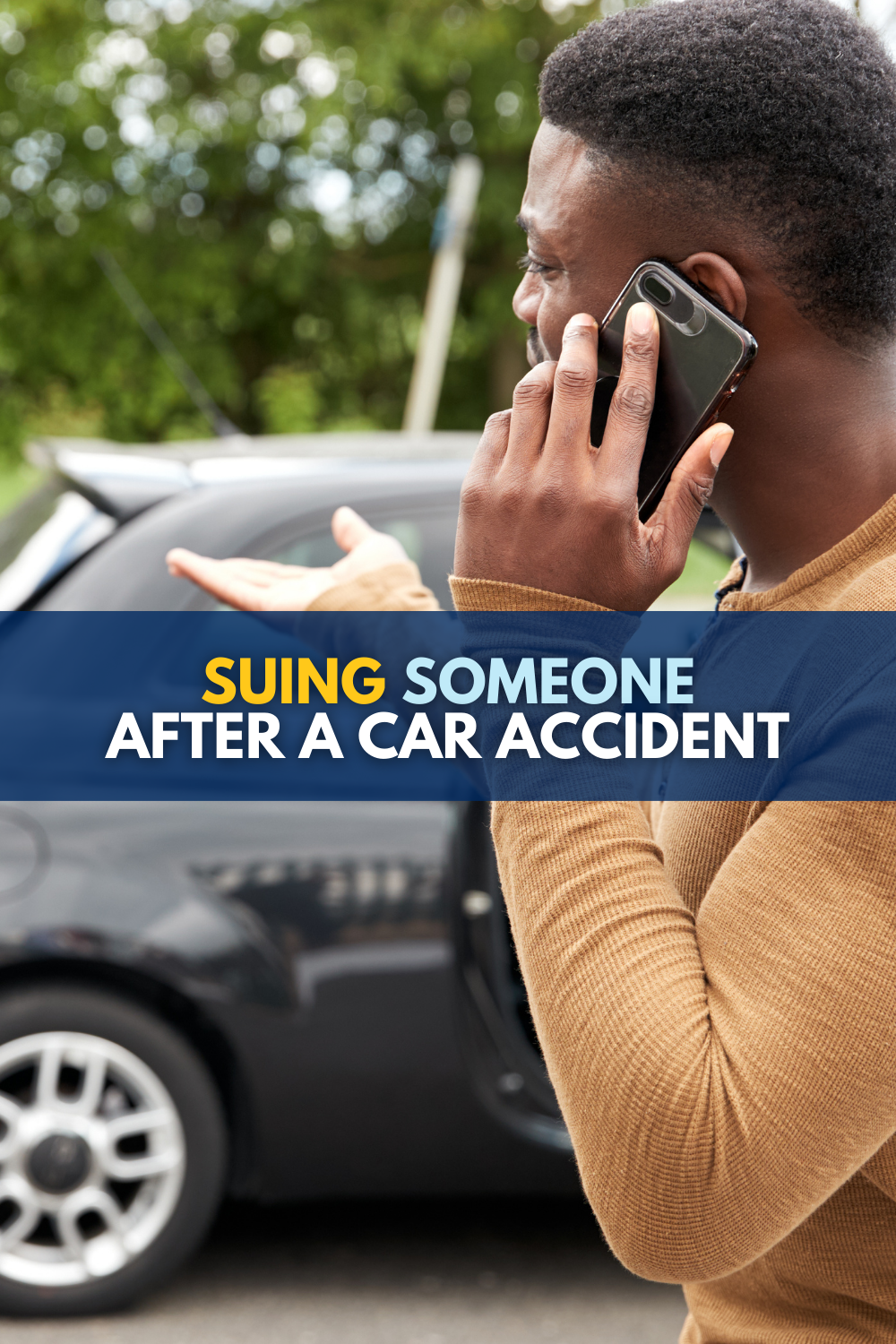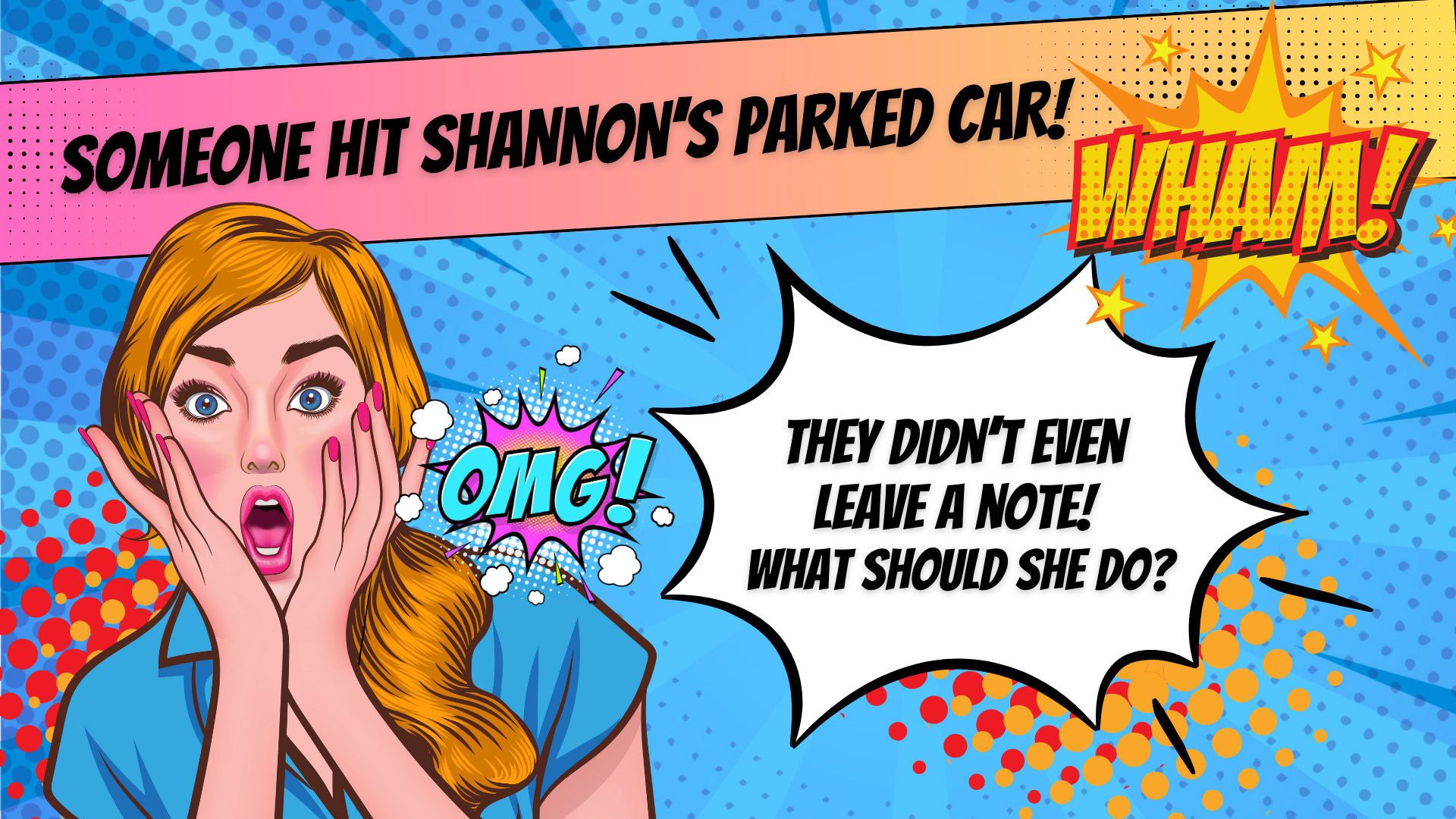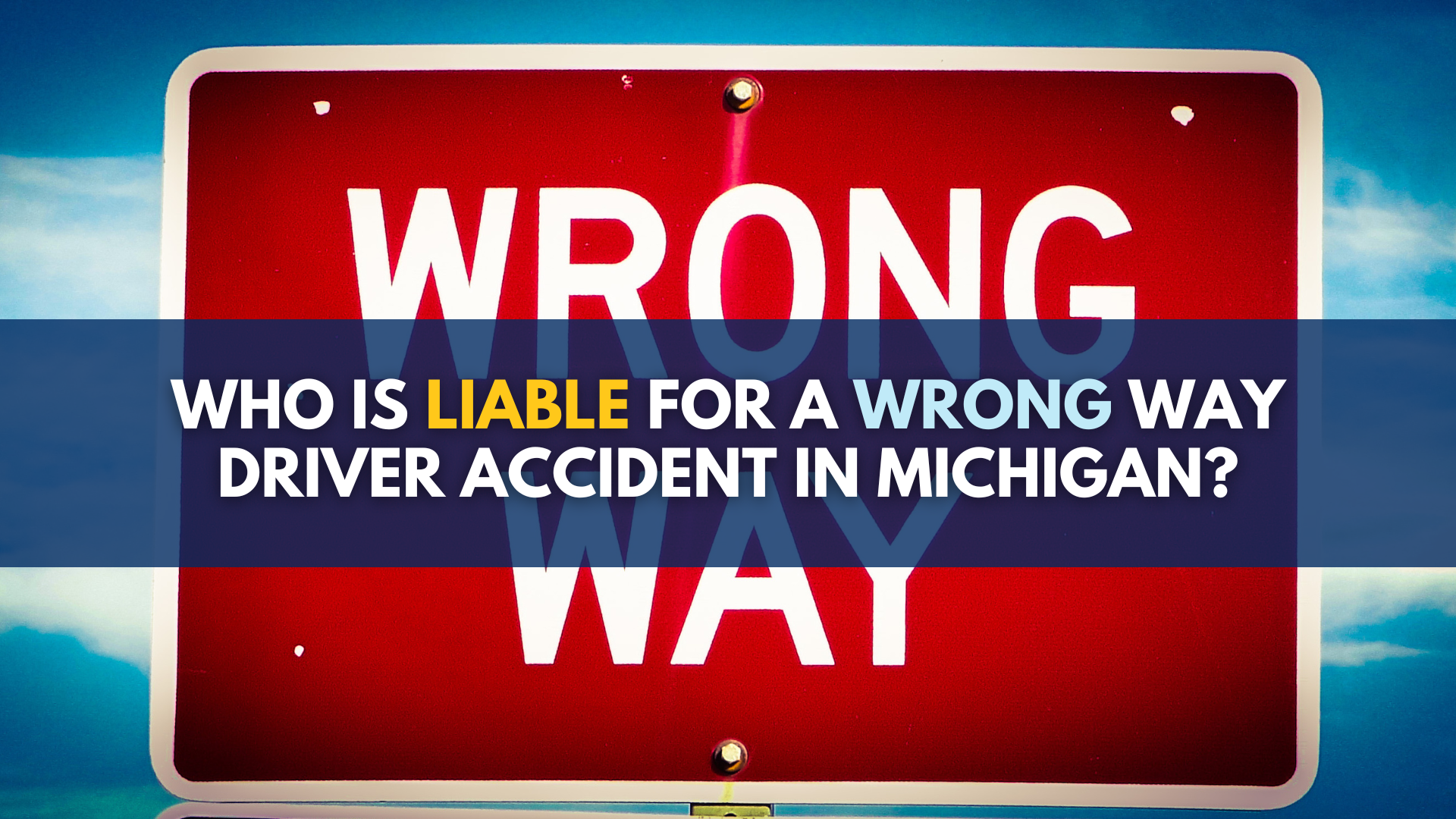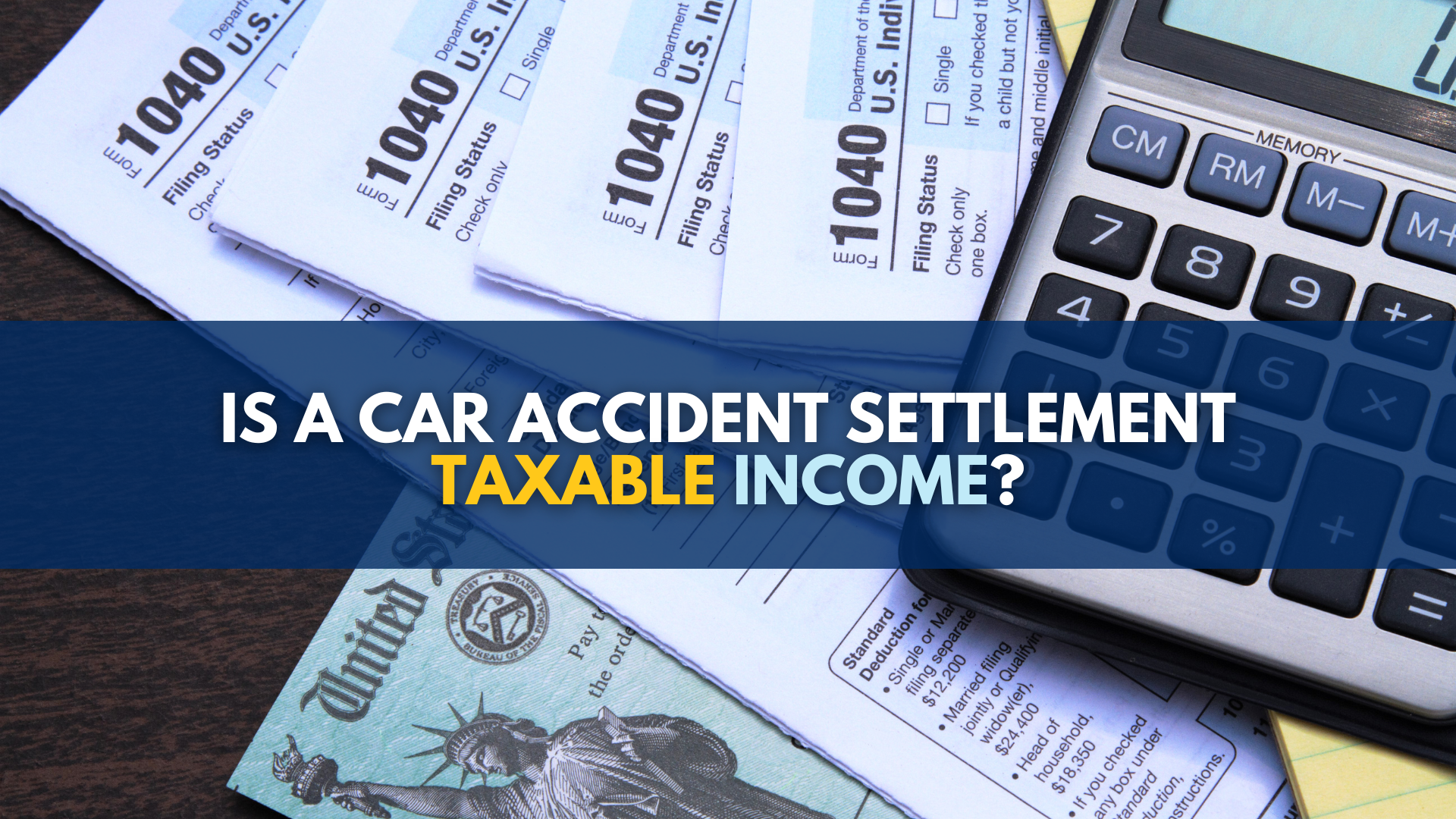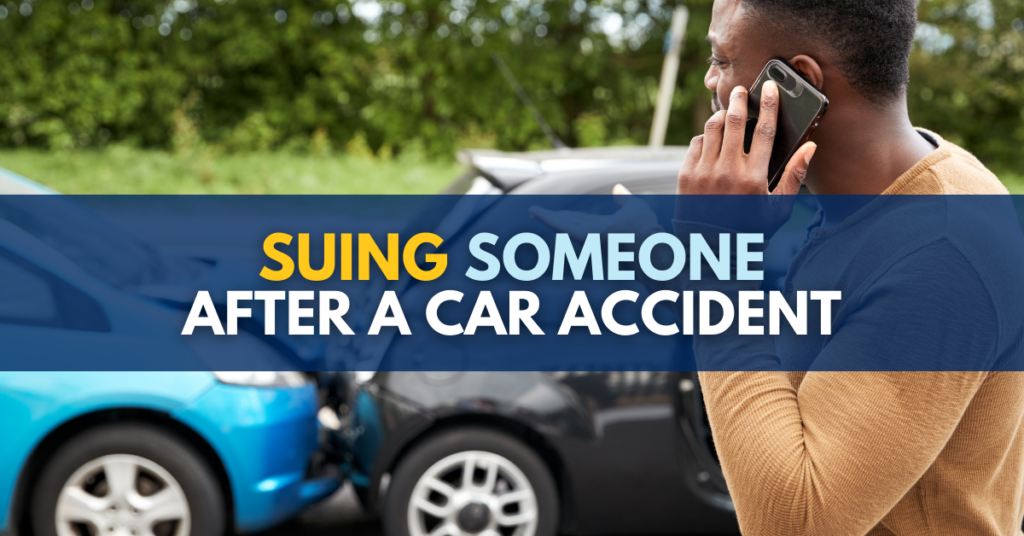
Michigan is both a No-Fault insurance state and a tort threshold state, meaning Michigan has a crash injury threshold and special rules that apply to suing someone after a car accident. These unique requirements apply to filing a lawsuit against the at-fault driver who causes a crash for pain and suffering compensation, lost wages, medical bills, future economic loss, and vehicle repair costs.
A driver who is injured in a car accident in Michigan can bring a lawsuit to sue the at-fault driver for pain and suffering compensation but in Michigan the injured driver must first be able to show that he or she has suffered a “serious impairment of body function.”
This serious impairment of body function is a threshold test that any person injured in a vehicle crash must first meet in order to recover pain and suffering compensation.
Under Michigan’s auto No-Fault insurance law, this threshold test is part of a balancing act between the state’s first-party No-Fault law that requires your own insurance company to pay No-Fault personal protection insurance benefits – also known as No-Fault PIP benefits – to crash victims to cover their collision-related medical expenses and to reimburse them for lost wages if they are unable to return to work and the tort law that allows a person injured in a crash to file a lawsuit against the at-fault driver who caused the crash.
A person injured in a car accident in Michigan can sue if the No-Fault PIP medical benefits coverage level in the policy through which a crash victim is claiming benefits provides less than “unlimited” No-Fault medical coverage AND if the victim’s medical costs exceed the coverage level in the policy.
When that happens, the victim can file a lawsuit against the at-fault driver for “excess” medical benefits, i.e., money damages to cover the extent to which the victim’s medical bills exceed the amount that the auto insurance company is obligated to pay under the policy.
In the event that a person’s vehicle suffers damage, they can sue the at-fault driver for up to $3,000 in vehicle damage repair costs under Michigan’s mini tort law.
What can you sue someone for after a car accident in Michigan?
In Michigan, you may be able to sue someone after a car accident if they are at-fault for the crash for pain and suffering compensation, excess wage loss benefits, excess medical benefits and vehicle damages up to $3,000. You may also be able to sue your auto insurance company for No-Fault benefits that are unpaid.
Therefore, we can say that anyone injured in a vehicle crash in Michigan has 3 potential cases that he or she can file a lawsuit for: the first is against his or her own insurance company for overdue or unpaid PIP benefits; the second is against the at-fault driver for causing the injuries, harms and losses from the crash itself; and the third is a mini-tort claim for vehicle damage and vehicle repair costs of up to $3,000.
Can I sue the at-fault driver?
In Michigan, you can sue the at-fault driver after a car accident to recover your pain and suffering compensation, excess wage loss benefits, excess medical benefits and for a mini tort recovery to pay for repairing damage to your vehicle.
What do I need to know about suing the at-fault driver for pain and suffering after a work-related car accident?
If you were injured in a work-related car accident in Michigan, you can file a lawsuit for pain and suffering compensation against the at-fault driver (assuming he or she is not a co-worker or your employer).
The Worker’s Comp law’s “exclusive remedy” provision does not prohibit an injured worker from suing a third-party – such as an at-fault driver – for tort liability. (MCL 418.131(1); 418.827(1) and (5))
But, your employer or his or her Worker’s Compensation insurance company may be able to seek monetary reimbursement for what it has paid you in benefits by putting a lien on your recovery for pain and suffering compensation – under certain circumstances. (MCL 418.827(5))
The Michigan Supreme Court in Great American Insurance v. Queen has said that a reimbursement lien is authorized only if the Worker’s Comp benefits are more than a “substitute” for the benefits you would have received under Michigan’s auto No-Fault insurance. The Worker’s Comp benefits must “exceed no-fault benefits in amount or duration” and, if they do, then the lien is limited to reimbursement for the excess amount.
In terms of suing for wage loss benefits after a work-related car accident in Michigan, there has always been the potential for a reimbursement lien because Worker’s Comp wage loss continues “for the duration of the disability” (MCL 418.301(7) and (8)), whereas No-Fault wage loss only continues “during the first 3 years after the date of the accident.” A lien could be used to seek reimbursement for Worker’s Comp wage loss paid after the three-year No-Fault limit had been exhausted.
However, as a result of the new No-Fault law that was enacted in June 2019, there may now be the potential for reimbursement lien based on medical benefits. Prior to 2019, No-Fault was similar to Workers’ Comp because both required “unlimited” medical benefits to the extent they were reasonable and necessary. (MCL 500.3107(1)(a) and 418.315(1))
But now with the new No-Fault PIP medical benefits coverage levels, there is a new potential for Workers’ Comp medical benefits to exceed No-Fault medical in both amount and duration, thus creating the possibility for a reimbursement lien based on medical benefits. Under the new No-Fault PIP medical benefit coverage levels, drivers can choose to retain “unlimited” coverage or they can choose to cap their coverage at $50,000 (for drivers enrolled in Medicaid), $250,000, $500,000, or opt-out completely if they have Medicare. (MCL 500.3107c(1) and 500.3107d(1) and (7)(b) and (c))
In other words, suppose a person has No-Fault medical coverage with a $250,000 limit in his or her auto insurance policy and the person is injured in a work-related car accident. If the person successfully sues the at-fault driver after the car accident in Michigan, then his or her employer’s Workers’ Comp insurance company can file a lien against the pain and suffering recovery to seek reimbursement for Workers’ Comp medical benefits paid in excess of $250,000.
If I’m in a car accident in Michigan do I sue the driver or insurance company?
If you’re trying to recover money damages for your injuries, pain and suffering, excess wage loss and future medical bills, then you’ll sue the at-fault driver who caused the car accident in Michigan. If you’re trying to recover unpaid, overdue, or late No-Fault benefits, you’ll file a lawsuit against your insurance company.
Someone totaled my car, can I sue?
If the at-fault driver who totaled your car was insured at the time of the crash, then you’re limited under Michigan’s mini tort law to sue for no more than $3,000 for your vehicle damage repair costs. However, if the at-fault driver was uninsured, you can file a lawsuit for the full value of your vehicle damage.
How much can someone sue for a car accident?
Michigan law imposes no monetary limit on how much you can sue an at-fault driver after a car accident for in terms of pain and suffering compensation and excess wage loss and medical benefits. However, your recovery may be limited by the at-fault driver’s liability coverage. The most you can sue for vehicle damage under the mini tort law is $3,000.
Your recovery against an at-fault driver for pain and suffering and/or excess wage loss or medical benefits will likely be limited to the extent of his or her liability insurance coverage – unless the at-fault driver has significant personal assets that you can go after if the driver’s liability to you exceeds what his or her auto insurance is obligated to pay.
Under Michigan’s auto law, drivers are required to carry bodily injury liability insurance – which is also called third-party insurance – with limits of $250,000 and $500,000, although the law permits drivers to choose dramatically lower bodily injury insurance limits of $50,000 and $100,000 as well.
Given the substantial liability exposure that all drivers in Michigan face if they cause a serious injury after a vehicle crash, many drivers are also turning to umbrella coverage for added protection. The at-fault driver who injured you may have additional liability coverage through an umbrella policy. Insurance agents are also writing more policies with uninsured and underinsured motorist coverage to also protect drivers if the person who causes the crash is either uninsured or underinsured.
Can someone sue for property damage after a car accident?
If you’re in a car accident in Michigan and your vehicle is damaged, you can sue the at-fault driver under the mini tort law for up to $3,000. However, if the damage was to your safely parked vehicle or other tangible property, you can file a PPI claim with the driver’s insurance company. Recovery is limited to $1 million.
Can I sue someone for negligence after a car accident?
In Michigan, you can sue the at-fault driver for negligence after a crash to recover pain and suffering compensation, excess wage loss benefits, excess medical benefits and vehicle repairs under the mini tort.
For pain and suffering compensation, you will also need to show you suffered a “serious impairment of body function.”
Who do I sue if the at-fault driver was uninsured?
You could sue the uninsured, at-fault driver, after the car accident in Michigan but your attorney will have to determine if this person has personal assets or the ability to pay for the harms and losses they have caused. If you have “uninsured motorist coverage,” you can file a claim with your own auto insurer. Some policies will require you to also file a lawsuit against the uninsured driver who caused the crash as part of an uninsured motorist lawsuit.
Who do I sue if the at-fault driver’s insurance doesn’t cover what I’m owed?
If the at-fault driver has significant personal assets, then you may consider suing and forcing him or her to pay out-of-pocket what you are owed. Alternatively, if you have “underinsured motorist coverage,” then you can file a claim with your insurer. You may need to sue if your claim is denied.
Injured and have questions about suing someone after a car accident in Michigan? Call now!
If you have questions on suing someone after a car accident for your injuries and losses, call Michigan Auto Law now (855) 781-7747 for a free consultation with one of our experienced car accident lawyers. There is no cost or obligation. You can also visit our contact page or use the chat feature on our website.
Michigan Auto Law is Michigan’s largest and most successful law firm that specializes exclusively in helping people who have been injured in auto accidents.
Our secret? Our car accident lawyers deliberately handle fewer cases than other personal injury law firms. This allows us to focus more time and attention on our cases.
Unlike other law firms, our auto accident attorneys are never too busy to promptly return phone calls and answer questions.
We have more than 2,000 5-Star Reviews that reflect this care and attention to detail.
More importantly, this client-focused approach leads to better and faster settlements for our clients. Michigan Auto Law has recovered more million-dollar settlements and trial verdicts for motor vehicle accidents than any other lawyer or law firm in Michigan. We’ve also recovered the highest ever reported truck accident and car accident settlement in the state.
Call now so we can start making a real difference for you.
